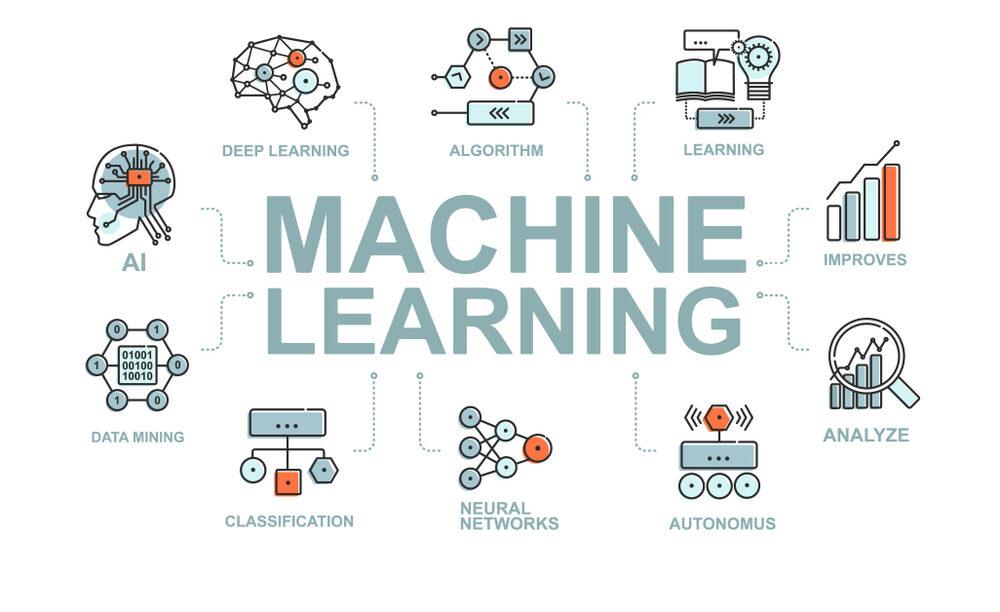In a world where technology is constantly advancing, the intersection of machine learning and programming has opened up new possibilities for developers. However, there is a growing concern about preserving user freedom in this rapidly evolving landscape. In this article, we will explore the concept of machine-learning-assisted programming that respects user freedom, and its implications for the future of software development.
Overview of Machine-Learning-Assisted Programming
Machine-learning-assisted programming has revolutionized the way developers write code, providing intelligent suggestions and automating repetitive tasks. This innovative technology utilizes complex algorithms to analyze code patterns and predict the next line of code based on context. By harnessing the power of machine learning, programmers can enhance their productivity and efficiency in software development.
With machine-learning-assisted programming, developers have the freedom to focus on the creative aspects of coding rather than the mundane tasks. This technology not only speeds up the development process but also helps in reducing errors and improving code quality. By leveraging machine learning, programmers can explore new possibilities and push the boundaries of what is achievable in software development. Embracing this cutting-edge tool empowers developers to innovate and create software solutions that truly make a difference in the world.

Benefits and Challenges of User Freedom in Programming
When it comes to the world of programming, user freedom is a crucial element that can greatly impact the overall experience. One of the benefits of user freedom in programming is the ability for individuals to customize and personalize their coding experience. With the freedom to choose their preferred tools, languages, and frameworks, programmers can tailor their workflow to suit their unique preferences and needs. This level of customization can lead to increased productivity and efficiency, as programmers are able to work in a way that feels most comfortable and intuitive to them.
However, with great freedom comes great responsibility, and there are certainly challenges that come with user freedom in programming. One of the main challenges is the potential for fragmentation and compatibility issues. When programmers have the freedom to use a wide range of tools and technologies, it can be difficult to ensure that all components of a project work seamlessly together. This can lead to compatibility issues, bugs, and other technical challenges that can slow down the development process. Additionally, user freedom can also result in a lack of standardization, making it harder for different programmers to collaborate effectively on a project.

Balancing Autonomy and Assistance in Machine-Learning Programming Tools
In the ever-evolving world of machine-learning programming tools, finding the right balance between autonomy and assistance is crucial. Developers are constantly striving to create tools that empower users while also providing valuable guidance. With the advent of advanced technologies, it’s important to ensure that these tools respect user freedom and promote creativity.
Machine-learning-assisted programming tools offer a unique opportunity to enhance productivity and efficiency. By leveraging algorithms and predictive analytics, these tools can assist developers in making informed decisions and optimizing their code. However, it’s essential to remember that at the core of these tools, user autonomy should always be upheld. **Empowering developers to make their own choices** and providing them with the necessary support to succeed is key to fostering a collaborative and innovative programming environment.

Recommendations for Developing Ethical and User-Centric Machine-Learning Programming Systems
When developing machine-learning programming systems, it is imperative to prioritize ethical considerations and user-centric design. By implementing certain recommendations, we can ensure that the technology respects user freedom and upholds ethical standards. One important aspect is to prioritize transparency in the decision-making process of machine-learning algorithms. This means providing clear explanations of how the system reaches certain conclusions and recommendations, allowing users to understand the rationale behind the suggestions.
Additionally, incorporating mechanisms for user control and consent is crucial. This can involve providing options for users to customize and adjust the settings of the machine-learning system to better suit their preferences. Empowering users with the ability to opt-out of certain features or algorithms that may compromise their privacy or autonomy contributes to a more user-centric approach. Ultimately, by following these recommendations, developers can create machine-learning-assisted programming systems that prioritize ethical considerations and respect user freedom.
Key Takeaways
the intersection of machine-learning and programming has the potential to revolutionize the way we approach software development. By incorporating a framework that prioritizes user freedom and autonomy, we can ensure that technology serves us, rather than the other way around. As we navigate this exciting frontier, let us remember that the true power of innovation lies in our ability to harness it responsibly. Let us strive to create a future where machines and humans can collaborate harmoniously, building a better world for all.